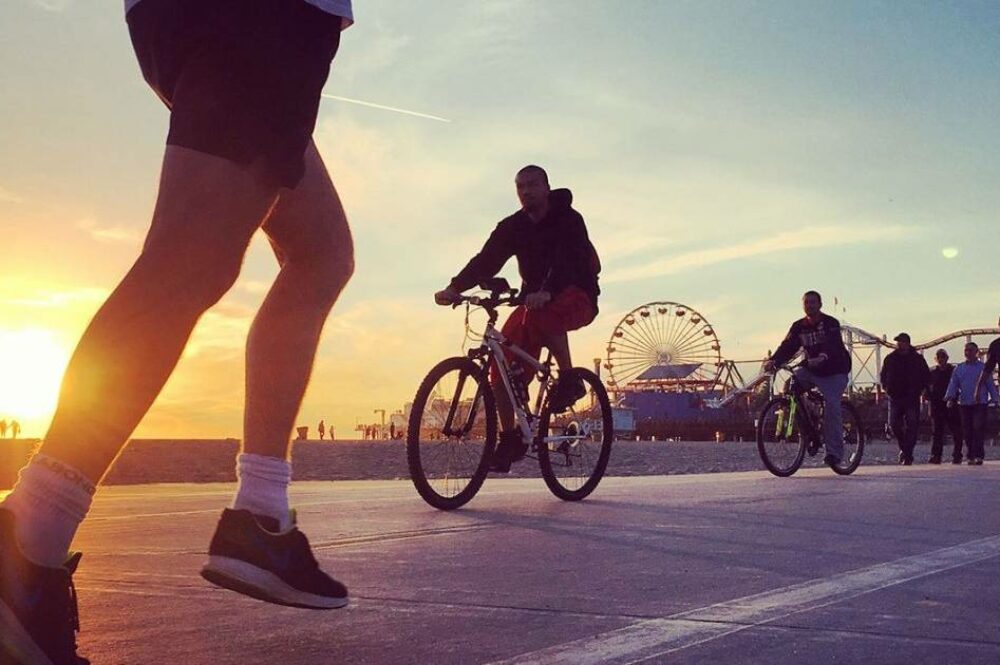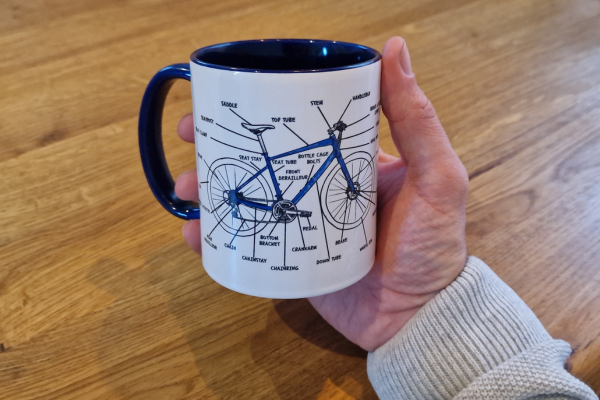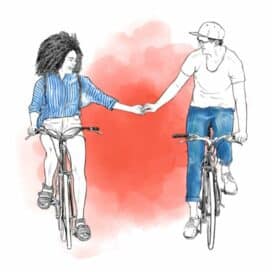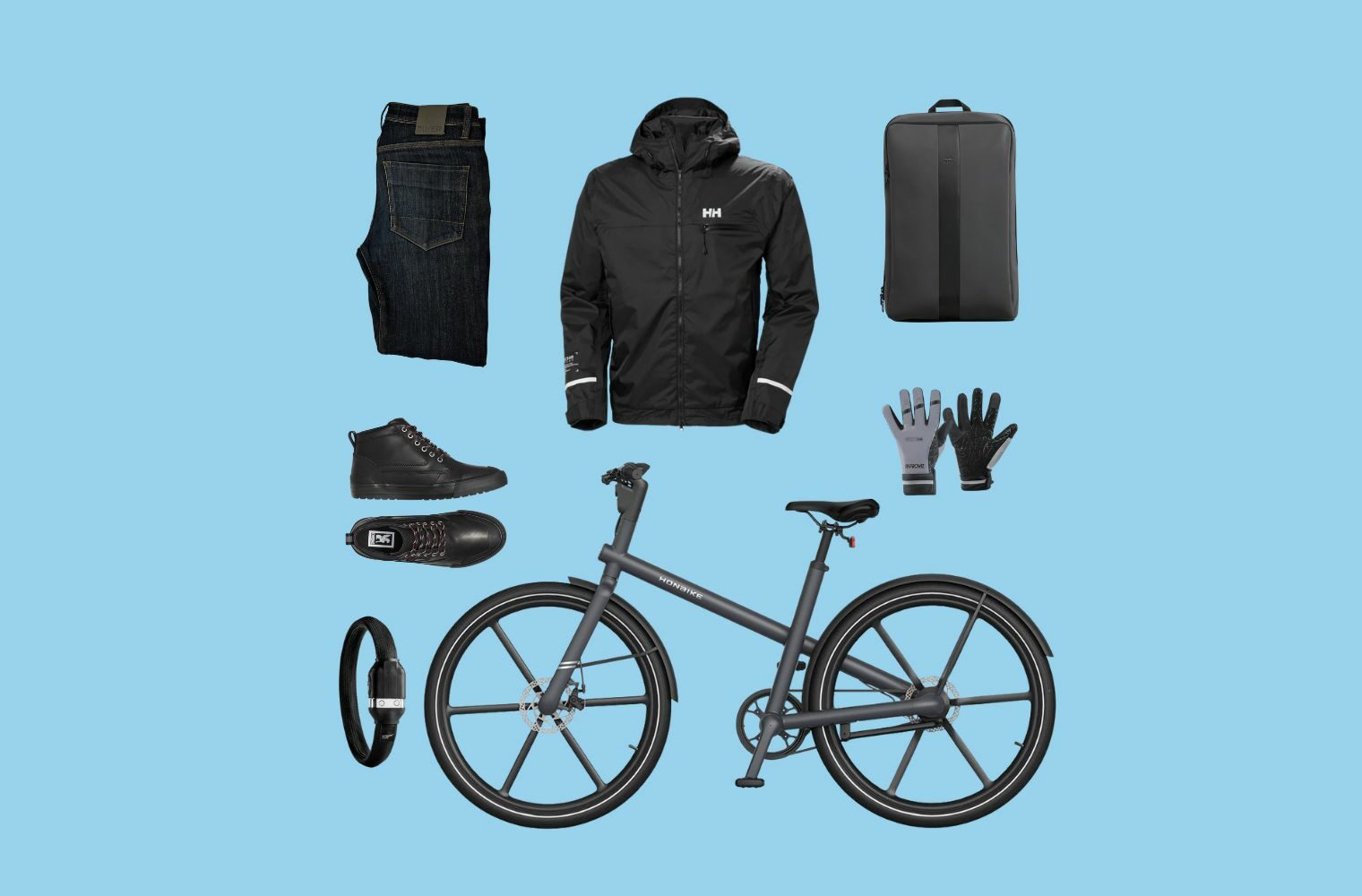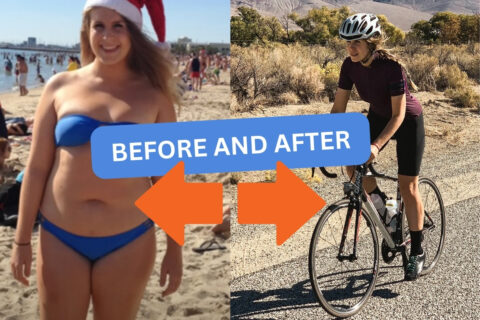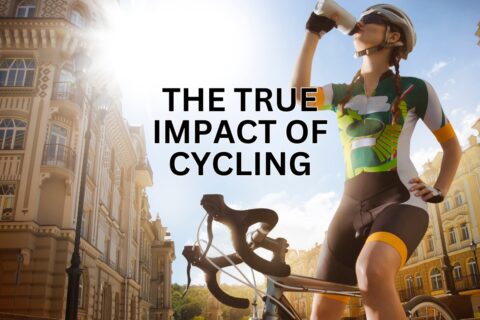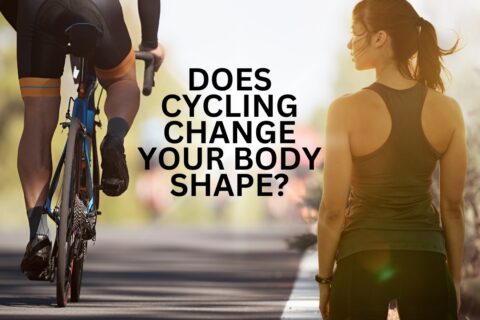This post may contain affiliate links, which help to keep Discerning Cyclist rolling. Learn more.
Given the coronavirus-enforced lockdown has left me with little else to do for the most part, back in April I thought, what better time to lose a little weight and boost my fitness than when the pubs are closed and social gatherings are off the table?
Since then, I’ve been constantly interchanging between a cycling day and a running day, and it’s no lie that the latter leaves me goosed a lot quicker than the former. I’ve been on three-hour cycles that haven’t tired me out or felt as physically taxing as 25-minute 5k runs.
The question is, then, why does cycling at least feel easier than running? Which burns more calories out of the two? And can one be considered ‘better’ for your body than the other?
Cycling vs Running
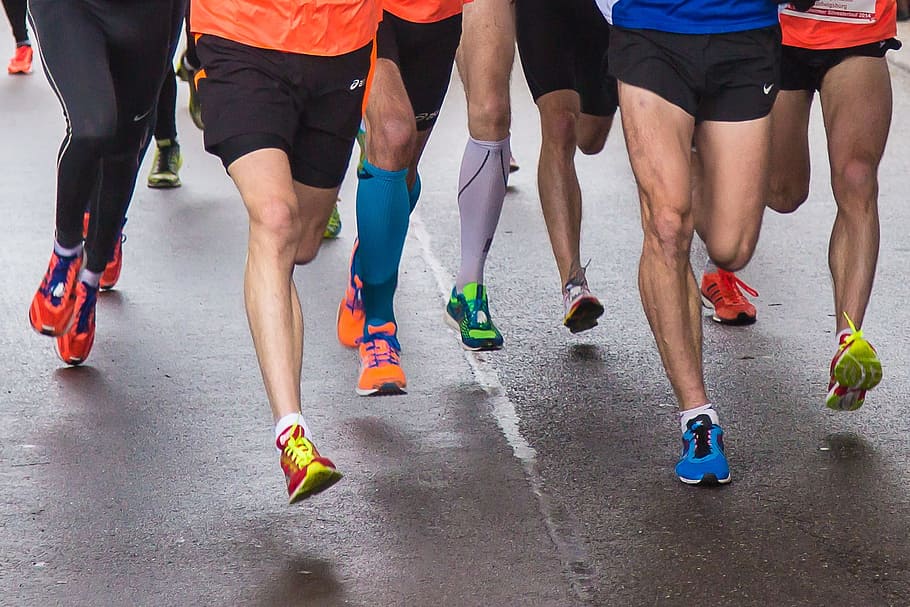
For starters, both are great forms of aerobic exercise if you want to shed a few pounds or stay in shape. Even just taking exercise outdoors can do wonders for you mental health, if nothing else.
Not only will they both help you lose weight (assuming that’s your aim – it doesn’t have to be, of course…), but they enhance your cardiovascular health and build up muscle in your body.
That said, as a general rule, running will require more effort on your part than cycling – even if it’s nots an electric bike you’re riding, a ‘normal’ bicycle will obviously still carry some of the workload for you.
What Burns More Calories: Running or Cycling?
Running, usually. Though, it does depend on the intensity of the exercise you take in this regard.
For instance, check out the number of calories I burnt on a short but intense 5k run:
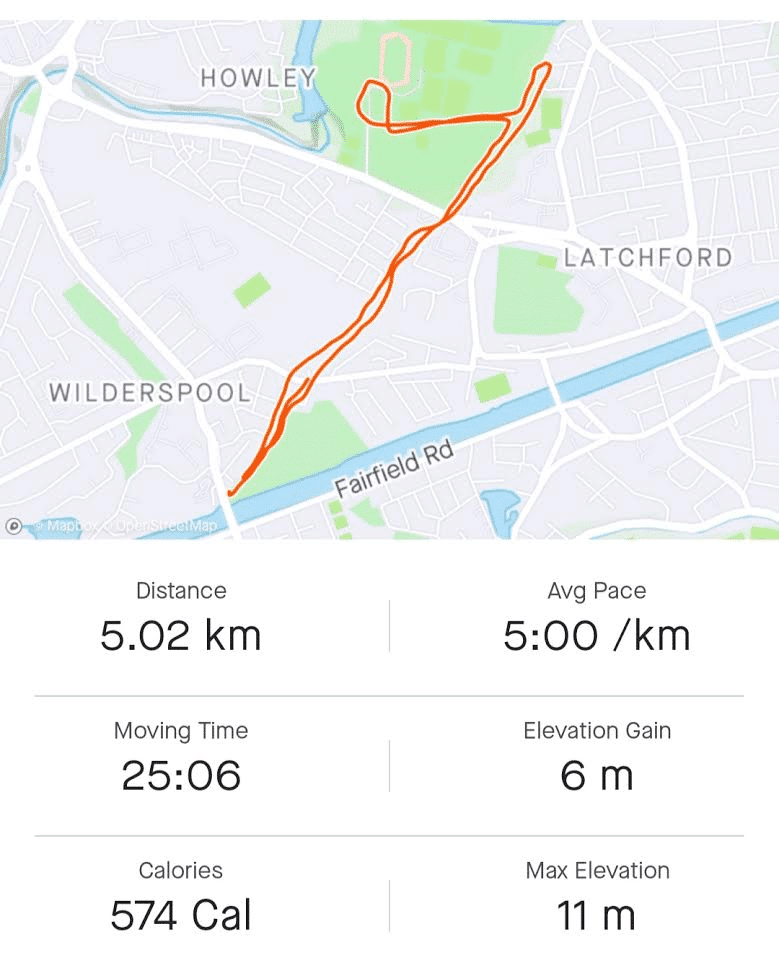
Now compare that with the number of calories I burnt on a much longer cycle recently:
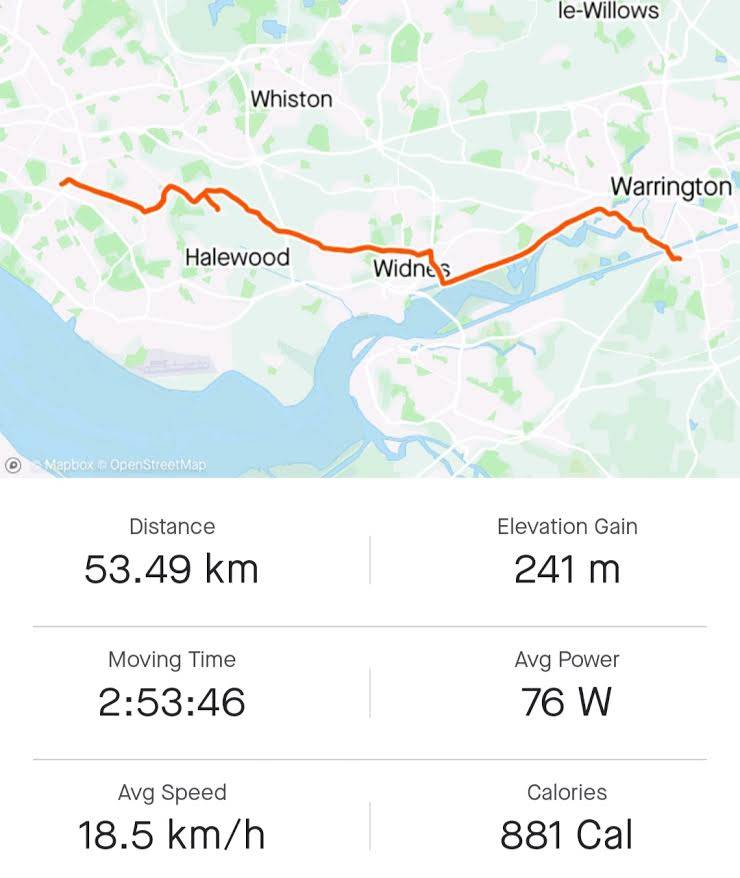
As you can see from this evidence, I didn’t even burn twice as many calories on my bike as I did on my feet. This was despite covering almost 11 times as much ground and riding for nearly six times as long on my bike than when on my feet.
Essentially, while your legs are much stronger than they need to be to walk or run, it still uses more muscles than cycling. Bicycles can, of course, ‘coast’ (i.e. when riding downhill), which will enable you to speed off at a constant pace without needing to maintain a high level of physical effort.
With that in mind, it’s worth pointing out that another way of burning as many calories as possible is by riding or running uphill more – because again, it’s more physically demanding than gentle slopes or flat surfaces.
Is Cycling Better Than Running?
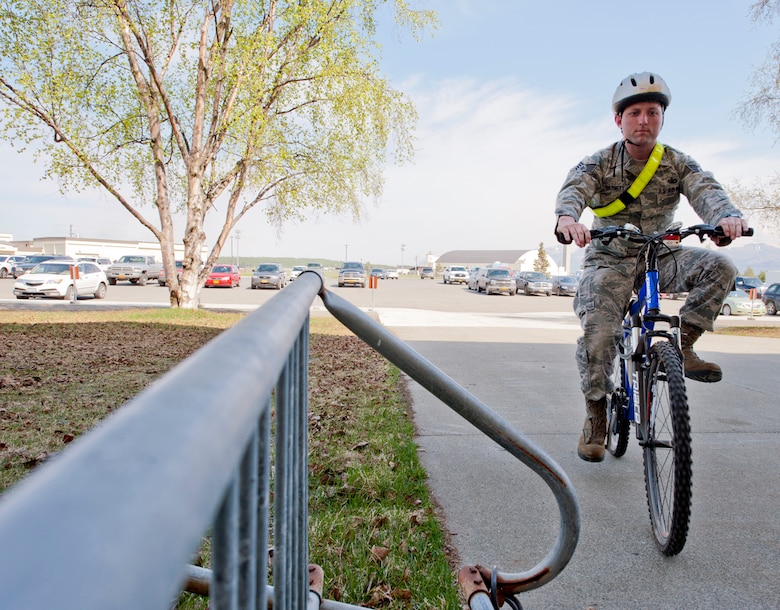
It depends what for. If you’re looking to purely burn calories, then no, cycling is generally not better than running. But it can be the more beneficial form of exercise in plenty of other ways.
For one thing, running’s greater impact on your muscles and joints will not only tire you out faster but also make an injury more likely. Cycling is a more gentle form of exercise by comparison, and one which you can enjoy for longer spells before running out of energy. Statistic published by Men’s Health, for instance, found that running-related injuries are almost twice as common per 1000 hours than from cycling.
Think about it from a practical point of view, too. Are you tired of commuting by car or (especially in these ‘unprecedented times’) the train? Well, running is certainly healthier than either of these, but nobody wants to be that guy who turns up to work dripping in his own sweat. Running will do that to do – cycling makes this a much easier issue to avoid.
And if it’s building muscle you’re interested in, then cycling should again be your first choice. Constant pedalling will cause your legs to bulk up far more than running ever could; that said, running is not by any means ‘bad’ for building muscle and can still make your body stronger.
Both are great forms of exercise to take; that much is obvious. And while cycling may be the more expensive and the slightly less effective for weight loss, it’s a great habit to get into, a more bearable option for many people, and still a brilliant way to stay healthy.
It’s almost like ‘passive’ exercise – you’ll get fit without really realising it – whereas your legs and your muscles will make sure you find out you’re getting fitter the hard way by running.
